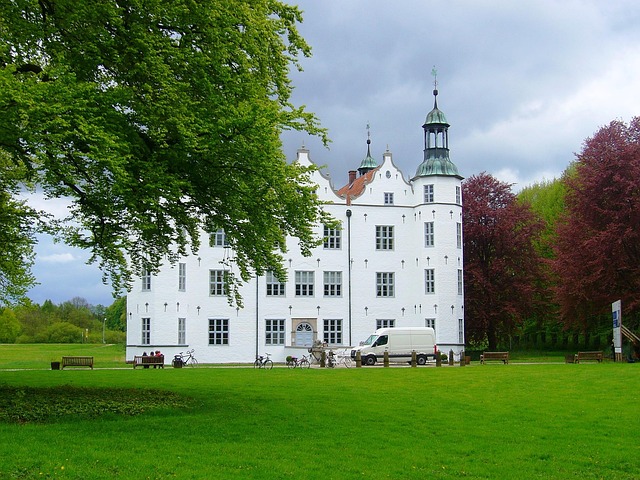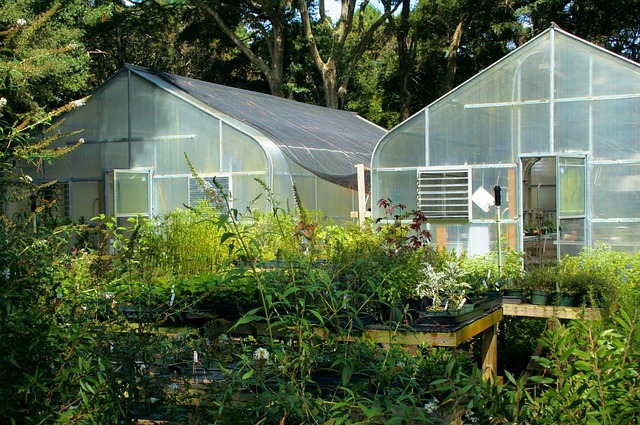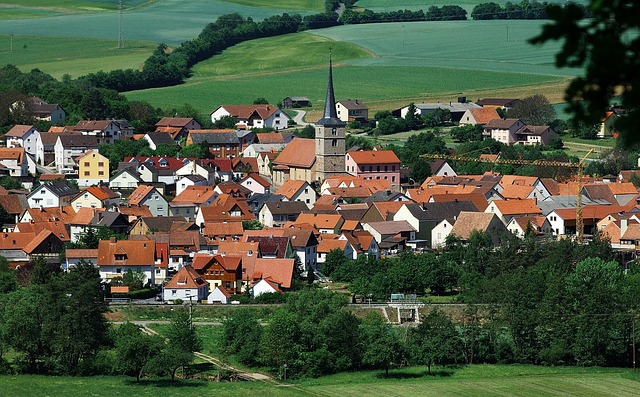In the real estate sector, compliance grants are powerful tools that drive development towards established standards and regulations, incentivizing best practices like energy efficiency and sustainable construction. Offered by governments and local authorities, these grants enhance property value while promoting environmental sustainability. Developers and investors can maximize access to these funds through strategic planning and comprehensive research on relevant programs, turning compliance into a competitive edge in the market.
In the dynamic realm of real estate, staying compliant with regulations is not just a legal necessity but also a strategic advantage. This article explores the often-overlooked yet powerful tool of compliance grants and incentives that can significantly benefit developers, investors, and industry professionals. By understanding these opportunities, you can navigate the landscape more effectively, securing funding to enhance projects, promote sustainable practices, and foster growth in the competitive real estate market.
Understanding Compliance Grants in Real Estate

In the dynamic realm of real estate, understanding compliance grants is a game-changer for developers and investors. These grants, often overlooked, serve as powerful incentives to ensure properties adhere to established standards and regulations. By providing financial support, governments and local authorities encourage the adoption of best practices in construction and development, ultimately enhancing the quality and safety of the built environment.
Compliance grants can cover a wide range of aspects, from energy-efficient building designs to the implementation of sustainable practices. For instance, in today’s eco-conscious market, grants may incentivize the use of renewable energy sources, green materials, or smart technology solutions. These initiatives not only benefit the environment but also contribute to the long-term value and appeal of real estate assets. Real estate professionals should actively seek out such opportunities to stay competitive and ensure their projects meet the evolving demands of a sustainable future.
Who Qualifies for These Incentives?

In the realm of real estate, various grants and incentives are available to encourage businesses and individuals to enhance their properties and operations while adhering to specific standards. These opportunities are often designed to promote sustainability, energy efficiency, and community development.
The qualifications for these incentives vary depending on factors such as location, property type, and the nature of the proposed improvements. Typically, homeowners, property managers, and real estate developers who plan to invest in renewable energy systems, green building materials, or retrofits that improve energy efficiency may be eligible. Local governments and real estate authorities often play a crucial role in determining eligibility and disbursing these incentives, ensuring that the projects align with broader environmental and economic goals.
Maximizing Your Access to Compliance Funds

In the competitive world of real estate, staying compliant with regulations can be a significant financial burden for developers and investors. However, maximizing your access to compliance funds is achievable through strategic planning and knowledge of available grants and incentives. By proactively navigating these resources, professionals in the industry can mitigate costs associated with adhering to ever-changing laws and standards.
One effective approach is to conduct thorough research on local, state, and federal programs designed to support real estate projects that meet specific compliance criteria. Many governments offer grants or low-interest loans for energy-efficient construction, historical preservation, or sustainable development practices. Staying informed about these opportunities can turn compliance into a strategic advantage, allowing developers to secure funding while ensuring their projects meet the highest standards.






